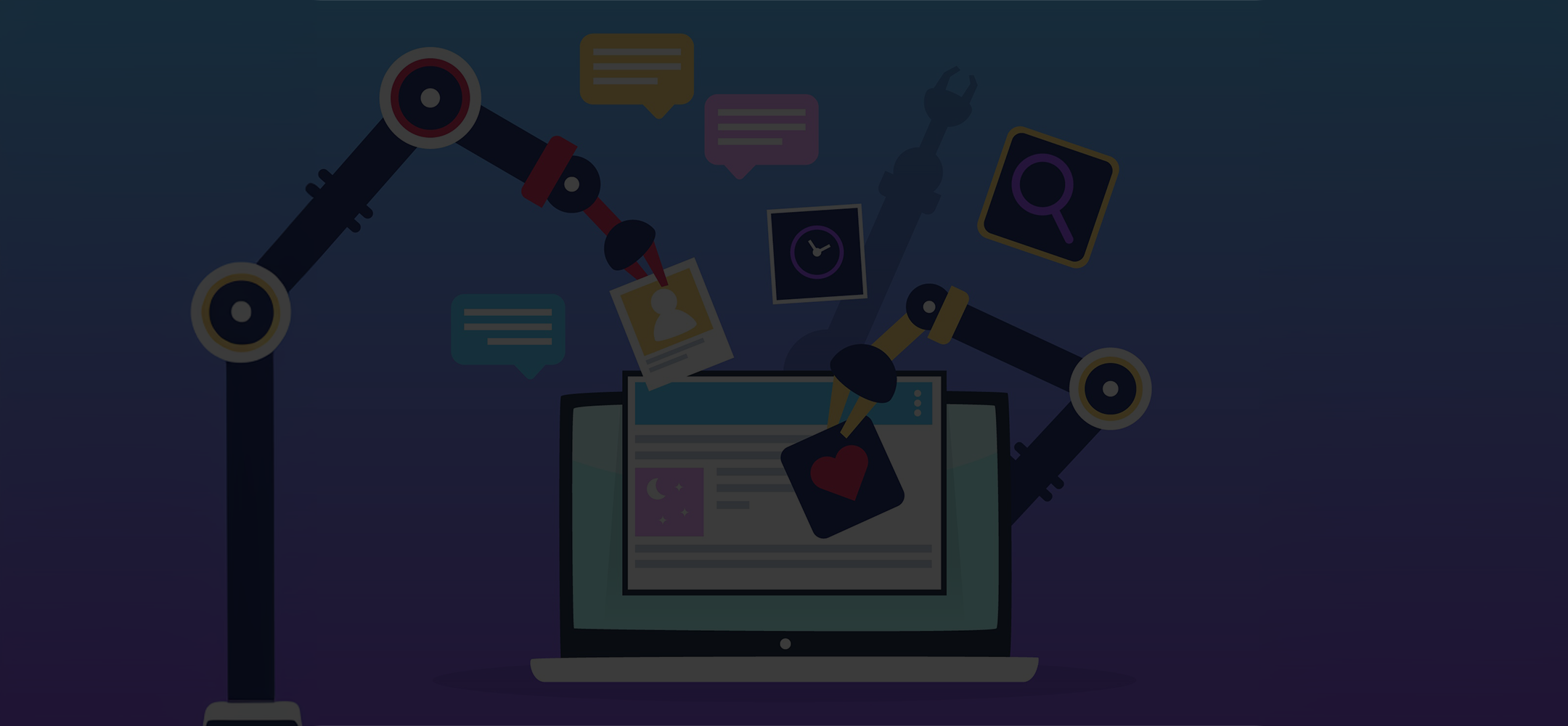The rise of artificial intelligence (AI) in paid media is nothing short of revolutionary. It has transformed the way businesses approach advertising, offering unprecedented opportunities to optimise campaigns, increase efficiency, and drive better results.
As a young professional in the paid media space, I've been grappling with the question that's been on everyone's mind, “Is AI the key to unlocking our true potential, or is it here to eventually replace us”? Like any powerful tool, AI comes with its own set of challenges, raising the question: is AI in paid media a friend or a foe?
I’ll be honest - when I first heard about AI-driven advertising, I was a tad sceptical. I mean, how could a bunch of algorithms possibly replace the strategic thinking, creative flair, and the all important human touch that we bring to the table? And the debate is just heating up. With some predicting the demise of the "paid media specialist," others are viewing AI as the ultimate power-up to our human skills. But as I’ve explored AI more deeply, I’ve realised it’s not about replacing us; but rather it is helping us to do better, and to create extraordinary work. Let’s have a look at why.
Enhanced Targeting and Personalisation
AI allows for hyper-targeted advertising, the likes of which was previously unimaginable. By analysing vast amounts of data, AI can identify patterns and predict consumer behaviour with remarkable accuracy. It can also tailor ad content to match the preferences of different audience segments, resulting in more personalised and effective campaigns.
Improved Efficiency and Cost Savings
Automated or Programmatic advertising platforms use AI to automate the buying and placement of ads in real-time, optimising bids and placements based on performance data. This reduces the need for manual intervention and allows businesses to achieve better results, first time.
Data-Driven Decision Making
AI provides businesses with even deeper insights that can inform strategic decision making. This data-driven approach allows businesses to be more agile and responsive to changing market conditions, like reallocating its ad spend more effectively to maximise ROI.
AI in paid media has revolutionised the way we work, helping us analyse enormous amounts of data and make lightning-speed optimisations that no human could achieve - tracking every click, every impression, and every conversion, ultimately enabling digital marketers to tweak campaigns with supernatural precision.
But, of course, AI isn’t perfect: Lack of Transparency and Control
While AI can automate many aspects of paid media, it can also lead to a lack of transparency and control. For example, a marketer using an AI-driven ad platform might find that its ads are being placed within contexts that do not align with its brand values. Without clear insight into how the AI is making these decisions, the company may have limited ability to prevent such placements.
Over-Reliance on Automation
While automation can increase efficiency, marketers who rely too heavily on AI may miss out on opportunities for strategic innovation and creative thinking. Additionally, AI is not a fail safe, and it can make mistakes. For example, during a major global event, an AI-driven campaign might continue running ads that are no longer relevant or may overnight become ‘tone deaf’. Without the all essential human oversight, the automated campaign has the potential to cause brand damage.
Ethical and Privacy Concerns
And yes, the use of AI in paid media does indeed raise ethical questions, particularly around data privacy. AI algorithms often rely on large amounts of personal data to make targeting decisions, which can lead to concerns about how this data is collected, stored, and used, and which could lead to legal issues or damage the company's reputation if not handled carefully.
Man vs Machine
Former PayPal CEO Peter Thiel said, “The stark differences between man and machine mean that gains from working with computers are much higher than gains from trade with other people. We don’t trade with computers any more than we trade with livestock or lamps. And that’s the point: computers are tools, not rivals.”
The Future
So, is AI in paid media a friend or foe? It depends on how we use it. When applied wisely, AI can be a powerful ally, driving better results. Alternatively it can present challenges that need careful handling. I believe that it is a future where AI and human creativity work together to create more effective, efficient, and engaging campaigns. AI will manage the data-driven details and real-time optimisations, freeing the humans to focus on strategy and innovation.
If you’re uneasy about AI’s rise in paid media, don’t be. Success lies in balancing human creativity and strategic thinking using AI as a tool to enhance our abilities. Embrace it—the future is bright, and it’s powered by AI.
ENDS
About the author: Nokuthula Mayisa is a seasoned marketing professional with over 7 years of experience leading integrated campaigns across content, email, digital, B2B, and B2C channels.
Currently a Paid Media Specialist at Nerdware, she has collaborated with top brands both in South Africa and globally. With a strong foundation in campaign management, content creation, and analytics, Nokuthula is dedicated to driving impactful marketing strategies.
She’s also an active member of the Global Shapers Tshwane Hub, where she advocates for digital inclusion and community development.

